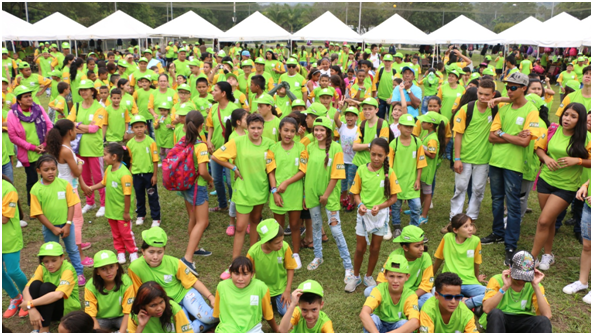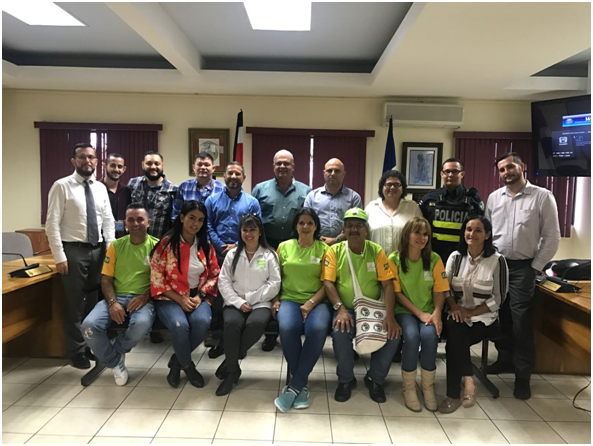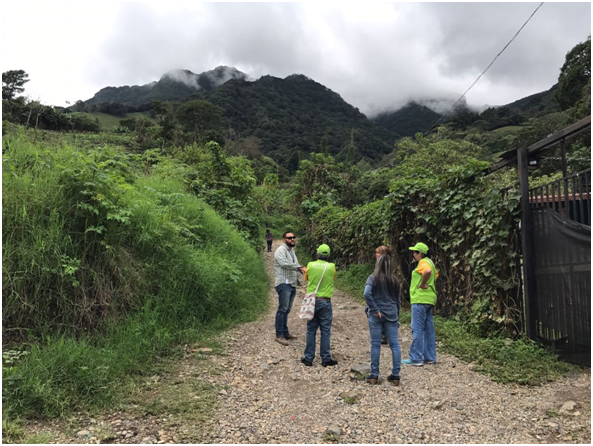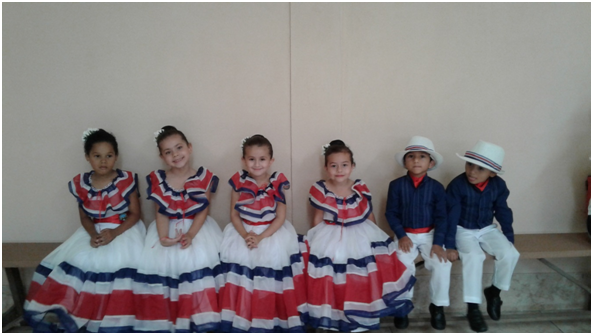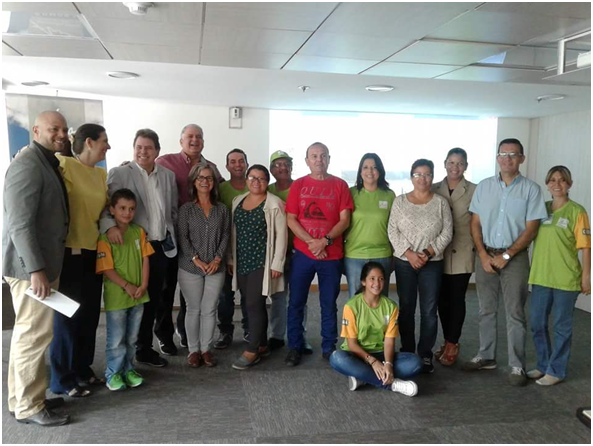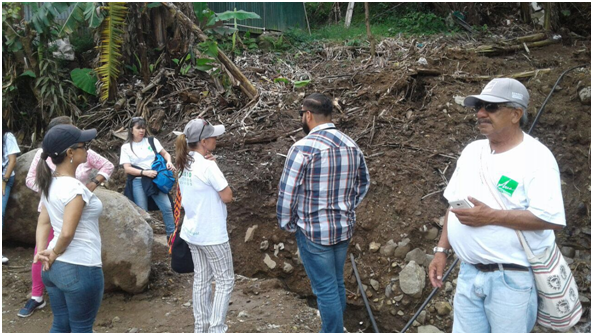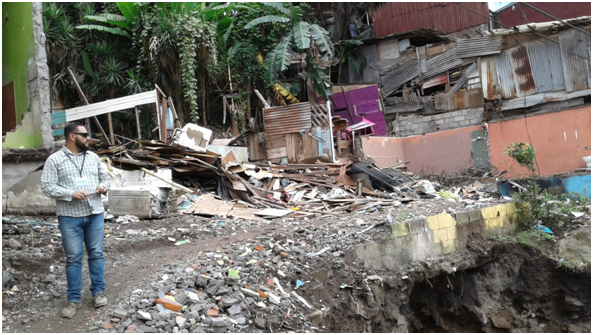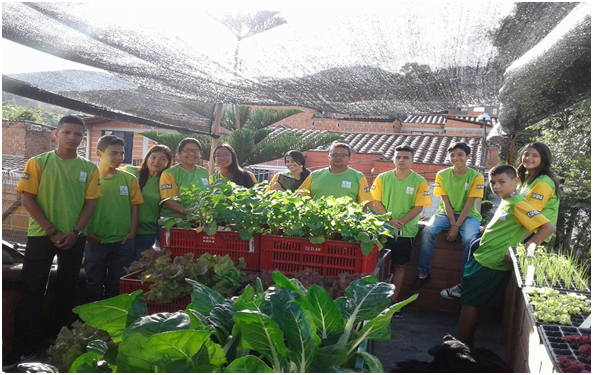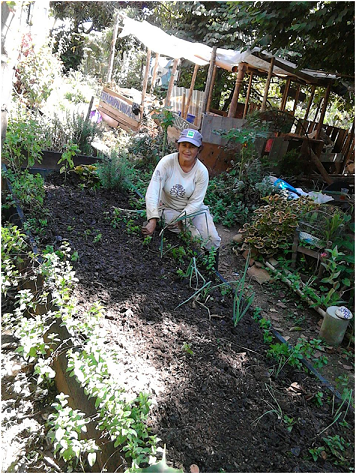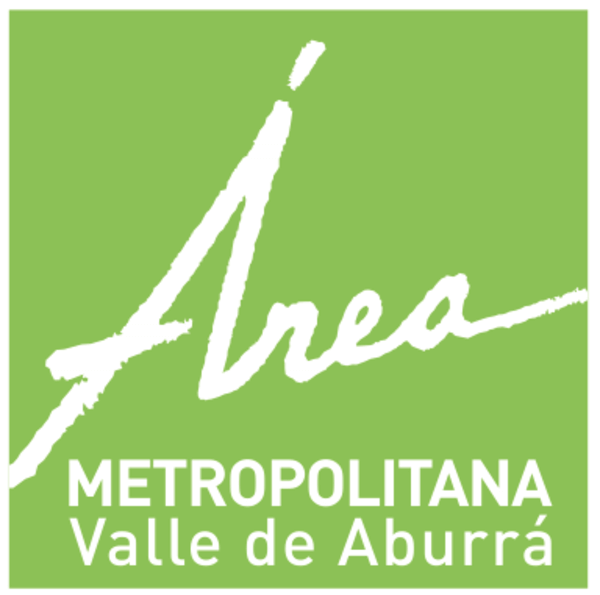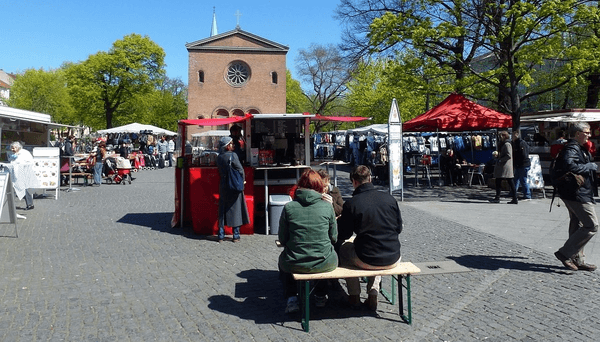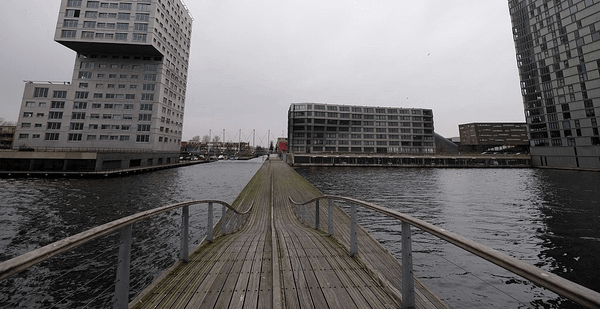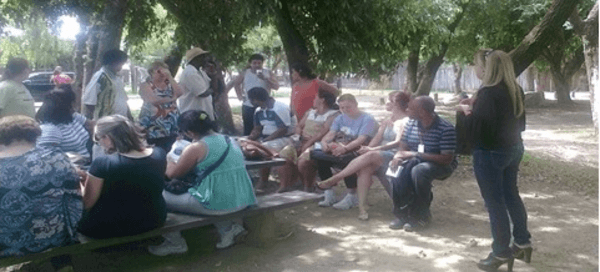Status
ongoing
50%
City
Valle de Aburrá
Main actors
City Government, Community / Citizen Group, Research Institutes / Universities
Project area
Whole City/Administrative Region
Duration
Ongoing since 2006
CUIDÁ volunteers are trained in implementing sustainable emergency prevention strategies in communities that are vulnerable to natural disasters.
The CUIDÁ environmental committees are comprised of volunteers who administer a program of education, monitoring and control of the environmental conditions of the Aburrá Valley. The committees initiate activities that promote environmental awareness and sustainability strategies to residents. They work collaboratively with government agencies such as the Municipal Council of Risk Management and the Risk Management Group of the Metropolitan Area of the Aburrá Valley in the evaluation of risk.
The CUIDÁ committee’s contribute to climate change adaptation by:
- reducing social, environmental and economic vulnerability
- empowering theoretical capacities and self-management techniques
- improving the security, well-being and quality of life of the communities
- contributing to sustainable development
External links / documents
On Map
The Map will be displayed after accepting cookie policy
